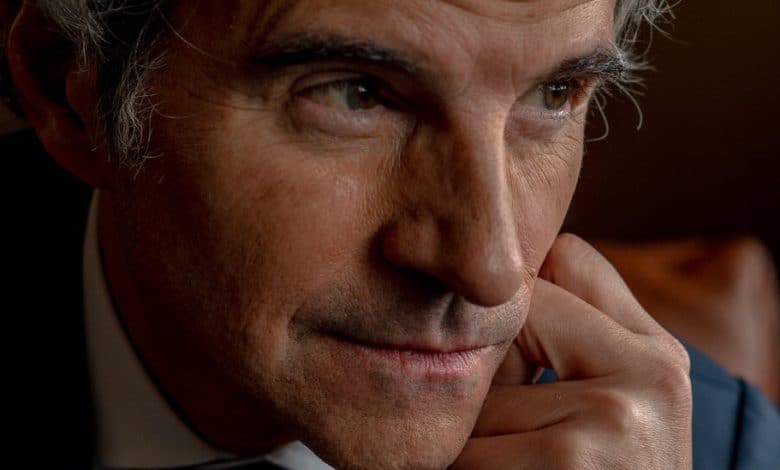To Talk With Putin or Iran, the West Turns to the World’s Nuclear Inspector

Rafael Grossi slipped into Moscow a few weeks ago to meet quietly with the man most Westerners never engage with these days: President Vladimir V. Putin of Russia.
Mr. Grossi is the director general of the International Atomic Energy Agency, the United Nations’ nuclear watchdog, and his purpose was to warn Mr. Putin about the dangers of moving too fast to restart the Zaporizhzhia nuclear power plant, which has been occupied by Russian troops since soon after the invasion of Ukraine in 2022.
But as the two men talked, the conversation veered off into Mr. Putin’s declarations that he was open to a negotiated settlement to the war in Ukraine — but only if President Volodymyr Zelensky was prepared to give up nearly 20 percent of his country.
A few weeks later, Mr. Grossi, an Argentine with a taste for Italian suits, was in Tehran, this time talking to the country’s foreign minister and the head of its civilian nuclear program. At a moment when senior Iranian officials are hinting that new confrontations with Israel may lead them to build a bomb, the Iranians signaled that they, too, were open to a negotiation — suspecting, just as Mr. Putin did, that Mr. Grossi would soon be reporting details of his conversation to the White House.
In an era of new nuclear fears, Mr. Grossi suddenly finds himself at the center of two of the world’s most critical geopolitical standoffs. In Ukraine, one of the six nuclear reactors in the line of fire on the Dnipro River could be hit by artillery and spew radiation. And Iran is on the threshold of becoming a nuclear-armed state.
“I am an inspector, not a mediator,” Mr. Grossi said in an interview this week. “But maybe, in some way, I can be useful around the edges.”